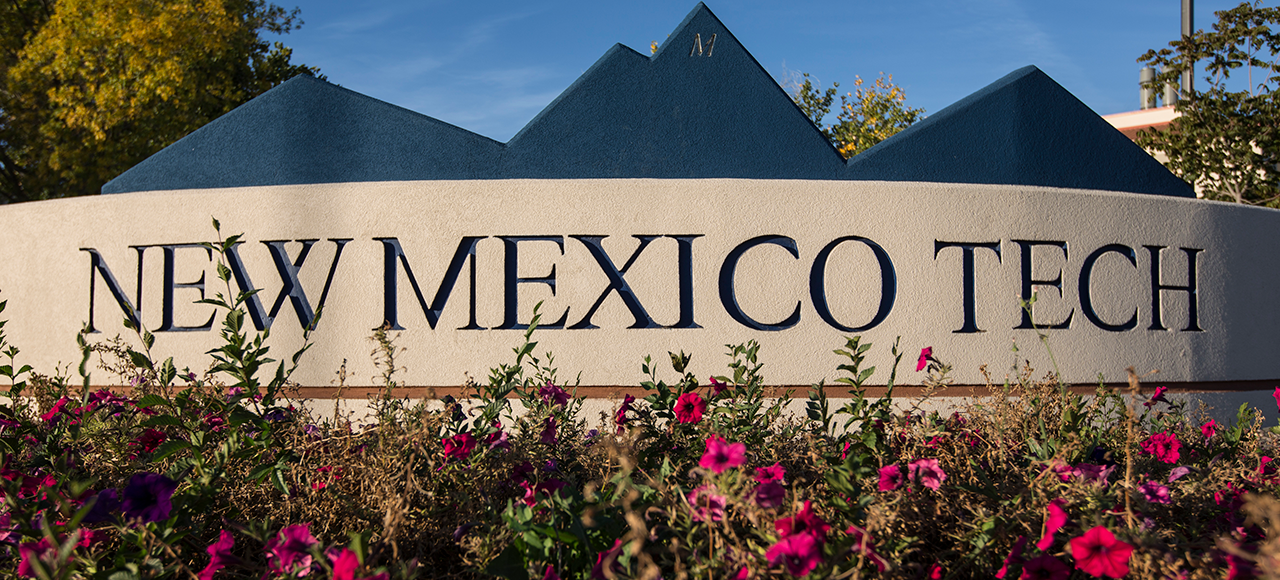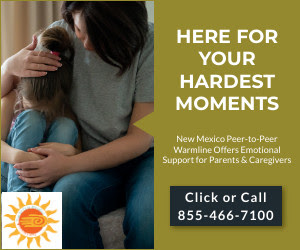
Public Assistance
Food Sources

Food insecurity is defined as "the disruption of food intake or eating patterns because of lack of money and other resources." - Nord M, Andrews M, Carlson S. Household food security in the United States, 2005 [Internet]. Washington: USDA Economic Research Service; 2005 [cited 2017 Nov 27]. Report No.: ERR-29.
If you are in need of food, click on the resources provided below for your benefit.
Midwest NM Community Action Plan - Socorro
**************************************
Legal Resources in NM
Modest Means helpline: The Modest Means Helpline can be reached at 505-797-6013 or 888-857-9935. Phone lines are open Monday through Friday, 8 a.m. to 5:30 p.m. MT. The Modest Means Helpline (MMH) is a civil legal telephone helpline and pro bono referral service for New Mexico residents of modest means. The Modest Means Helpline was created through the efforts of the Access to Justice Commission, the State Bar of New Mexico, and the New Mexico State Bar Foundation
Legal Resources for the Elderly Program can be reached at 505-797-6005 or 1-800-876-6657. Phone lines are open Monday through Friday, 8 a.m. to 5 p.m. MT.
**************************************
Medicaid and Food Stamps
If you need any assistance with applying or need general information for medicaid and food stamps, check out the packet we have prepared below.
**************************************
Transportation

The county of Socorro does provide transportation on a curb to curb basis, as well as to the Belen Rail Runner Train Station. Click the link below for more information.
**************************************
Need Family and Parent Peer Support?

Parenting a child with emotional, mental, and/or behavioral health concerns can be tough. A struggling child can actually disrupt the whole family. This is why New Mexico Crisis and Access Line has put some resources together just for you!
"Family and parent peer supporters offer other parents and caregivers with children experiencing challenges and/or disabilities: assistance, a listening ear, hints on how to navigate the complex system of care, an advocate, and practical tools and information from the lens of someone that has also been there and found ways to help their children thrive."
Family and parent peer support, can assist parents and caregivers with coping tools, improving school encounters, engaging individualized education plans (IEPs), advocating during medical and mental health appointments, and navigating court ordered programs to work more effectively.
You can find:
- A parent to talk to right now by calling the New Mexico Peer-to-Peer Warmline at 855-466-7100
- Guidance on how parents can respond in the most effective way by exploring concerns & challenges many parents experience by visiting the Child Mind Institute.
There is always someone here to listen to you. You are never alone, no matter what you're going through. Call the NM Peer-to-Peer Warmline now for help today!
**************************************
Houselessness and Hunger
Houselessness and hunger are not directly correlated. A person can experience hunger without being houseless and vice versa. People generally believe that hunger is due to houseless, but this is not necessarily true. In most cases, hunger can proceed houselessness because people have to choose between buying adequate food or paying housing. About "forty two million Americans are food insecure – which means they don’t have access to an adequate supply of nutritious, affordable food. According to the National Alliance to End Homelessness, nearly 580,466 Americans were experiencing houselessness on a single night in 2018" (New Mexico Crisis and Access Line).
What causes Hunger?
Anyone can experience hunger. However, it is seen more often than not that hunger affects communities or people of color, children, and seniors at much higher rates. Hunger also affects neighbors who experience poverty. Check out the hunger facts provided by the New Mexico Crisis and Access Line below:
Hunger Facts
- According to the USDA, more than 42 million people, including 12 million children, in the United States are food insecure. 1 in 6 Americans are food insecure.
- The pandemic has increased food insecurity among families with children and communities of color, who were already faced hunger at much higher rates before the pandemic.
- Every state, county, city, community in the country is home to families who face hunger. But rural communities are especially hard hit by hunger.
- Many households that experience food insecurity do not qualify for federal nutrition programs and visit their local food banks and other food programs for extra support.
- Hunger in African American, Latino, and Native American communities is higher because of systemic racial injustice. To achieve a hunger-free America, we must address the root causes of hunger and structural and systemic inequities.
- About 13 million American children are unsure of when they will have their next meal.
- Nearly 22 million low-income children qualify for free or reduced-cost school lunches.
- Children who face hunger are more likely to be in poor health and struggle in school.
- 57% of people served by Feeding America have had to choose between food and housing
- In 1980, there were about 2 dozen food banks in the United States. Today, there are more than 350.
Causes of Hunger
- Poverty - According to Feeding America, 72% of the households served by its affiliated food banks live at or below 100% of the federal poverty line. While unemployment is certainly a significant factor, 54% of the households Feeding America serves had at least 1 person employed in the past year.
- Income Inequality - By almost any measure, income inequality has increased exponentially over the past 30+ years. Since 1980, most of the growth in wages has been concentrated among top earners, while wages for the average worker have stagnated.
- Lack of Affordable Housing – There is not one state or county in the United States where a minimum wage, full-time worker
- Food Deserts - Food Deserts are areas or neighborhoods where residents do not have access to a grocery store that provides the wholesome and nutritious foods that are necessary for a healthy diet.
What Causes Houselessness?
The National Alliance to End Homelessness states that approximately "580,466 people experience houselessness on any given night in the United States." The majority of these people where individuals (70%) and the second highest were families with children. Check out the houselessness facts provided by the New Mexico Crisis and Access Line below:
Houselessness Facts
- Chronic homelessness is the term given to individuals that experience long-term or repeated bouts of houselessness. The chronically houseless are often the public face of the issue, however, they make up only 18% of the entire houseless population on a given day.
- Nearly 38,000 or 7% of all houseless persons are veterans.
- 70% of the entire houseless population are men.
- Although the only make up 13% of the U.S. population, 40% of all people experiencing houselessness are African American.
Causes of Houseleness
- The lack of affordable housing is one of the biggest factors behind contributing to houselessness. In 2017, 6.7 million households spent more than 50% of their income on rent.
- Poverty is the other major factor that contributes to houselessness. A lack of employment opportunities, combined with a decline in public assistance leaves low-income families just an illness or accident away from being put out on the street.
- Poor health is also closely linked to houselessness. 20% of the houselessness population reported have a mental illness, 16% had conditions related to substance abuse, and thousands had HIV/AIDS, diabetes, or heart disease.
- For many young people, single adults, and families, interpersonal violence is one of the primary causes of their houselessness.
If you or someone you know is experiencing hunger or houselessness, check out these local New Mexico resources below:
- Food Banks
- Food Pantries
- Homeless Shelter Directory
- Hunger Relief Organizations
- New Mexico Coalition to End Homeless
If you or someone you know is struggling with mental health or behavioral concerns because of houselessness or hunger, feel free to reach out to the New Mexico Crisis and Access Line, the Healthcare Worker and First Responder Support Line, or Peer-to-Peer Warmline. They are always there to talk to you!